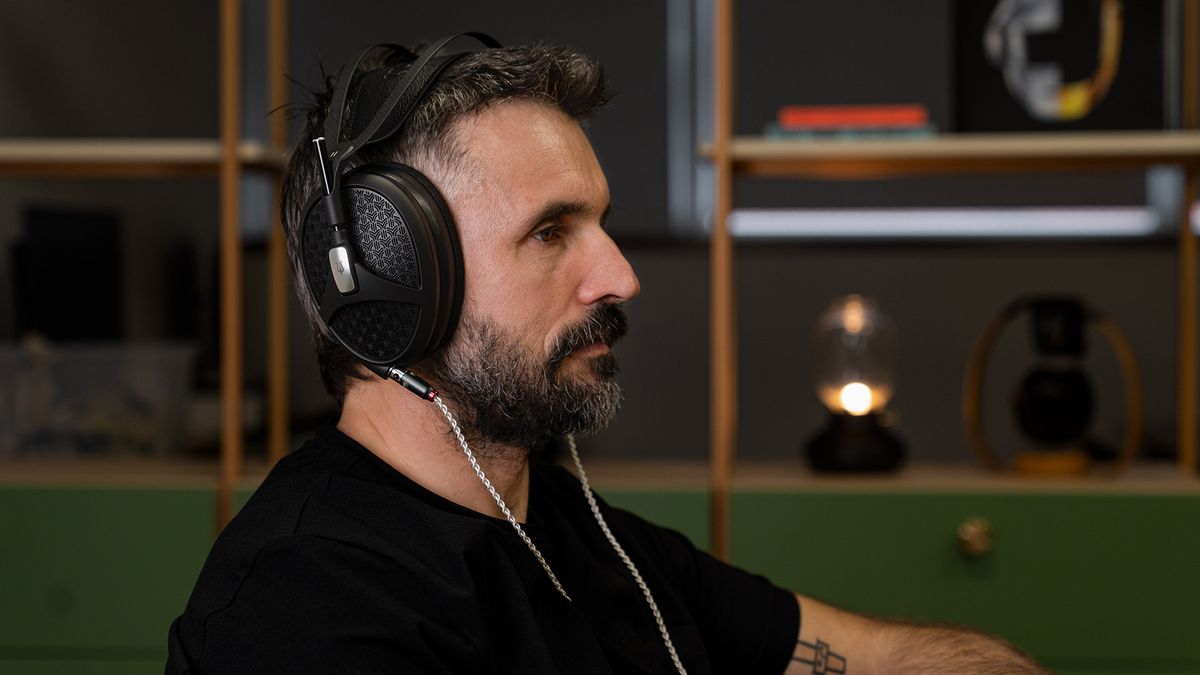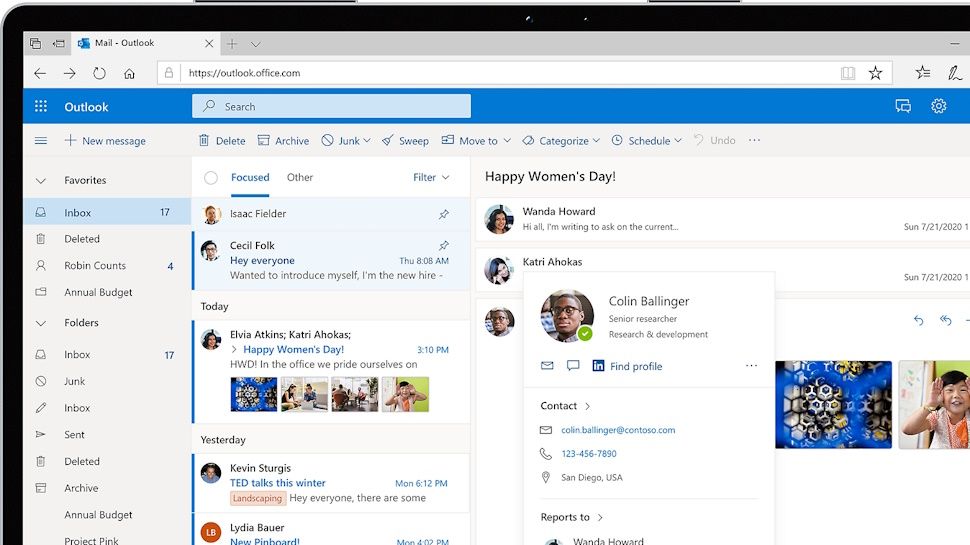Maybe (HBO) Max Just Isn’t Worth It
Max, the streaming service formerly known as HBO Max, has lost 700,000 subscribers in the past three months. Despite the huge drop, streaming revenues at Max, which is owned by Warner Bros. Discovery, were up 5 percent—with a 30 percent year-on-year jump in advertising revenue. These numbers raise a big question for the streaming industry: People like Max, but they don’t really want to pay for it.
Figuring out how much to charge for what service, and whether or not to offer ad-supported tiers, is the existential crisis of the current streaming wars. Nearly every service—Netflix, Disney+, Apple TV+—has increased prices and/or added commercials to their services in the past few months. While many of them did it more recently, Max’s service seems like the least bang for the most buck.
How so? Last January, Max increased its prices from $15 to $16 for its ad-free version. But then in May, when HBO Max became Max, the company announced its Ultimate Ad-Free tier, which costs $20 and includes 4K streaming. Not too bad, especially when you consider Netflix’s Premium tier is also now $20 per month. Max, though, recently emailed their legacy HBO Max customers letting them know that although they’d been allowed to have 4K at their previous $16-per-month price tag, that deal would be ending in December. Suddenly, Max doesn’t seem quite as worth it—especially when it’s ad-supported plan is only $10.
According to Sarah Henschel, a principal analyst at Omdia who watches the streaming market closely, Max’s subscribers have been “relatively flat” for nearly a year and the service also lost subscribers in the quarter previous to this one. Prior to Warner Bros. Discovery’s earnings report on Wednesday, Henschel said it “would be promising to see subscriber growth”—something that often happens at the end of the year when people sign up for services to watch during the holiday season—but ultimately, it’s the revenues that matter. “Investors right now are very keen on profitability,” she says.
Warner Bros. Discovery, of course, isn’t the only company trying to figure out what price is right for subscribers to turn those profits. The pack of companies chasing down Netflix, like Disney+, did so at low price points in an attempt to attract subscribers. Their numbers went up, but they lost money. Now, as the streaming market gets more competitive, they’ve turned to ad-supported tiers and higher prices to make up the difference. Companies are also cracking down on password-sharing to make sure everyone pays up—a method that has, so far, been working for Netflix.
Then there’s the matter of the content itself. Max has vast troves of content, but has also shelved shows like Westworld to save money. Movies and TV series move around on streaming services all the time, but watching them come and go now feels different. The Hollywood actors strike, and the writers strike before it, slowed production on a lot of new films and shows this year—though, interestingly, not House of the Dragon—so the amount of new content coming may be a trickle for a while. Without a slate of flashy new shows and movies to lure subscribers in, it may be a while before Max’s user base really spikes.
Warner Bros. Discovery CEO David Zaslav acknowledged the impact of the strikes on the company at the start of Wednesday’s earnings call, saying he was “hopeful” there would be a resolution soon. “As the strikes underscore, these are challenging times. Our industry is facing accelerated disruption in a rapidly changing marketplace. And to succeed long term, we must be flexible and adaptable and have a strong arsenal of assets that will enable us to maintain momentum amidst ever evolving consumer behavior.” That behavior includes deciding what amount of dollars, if any, to pay for a streaming service.


